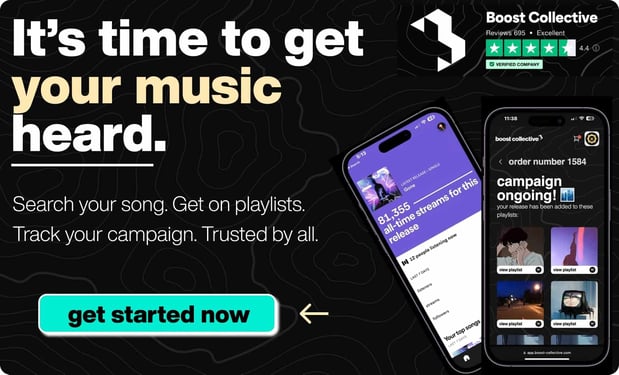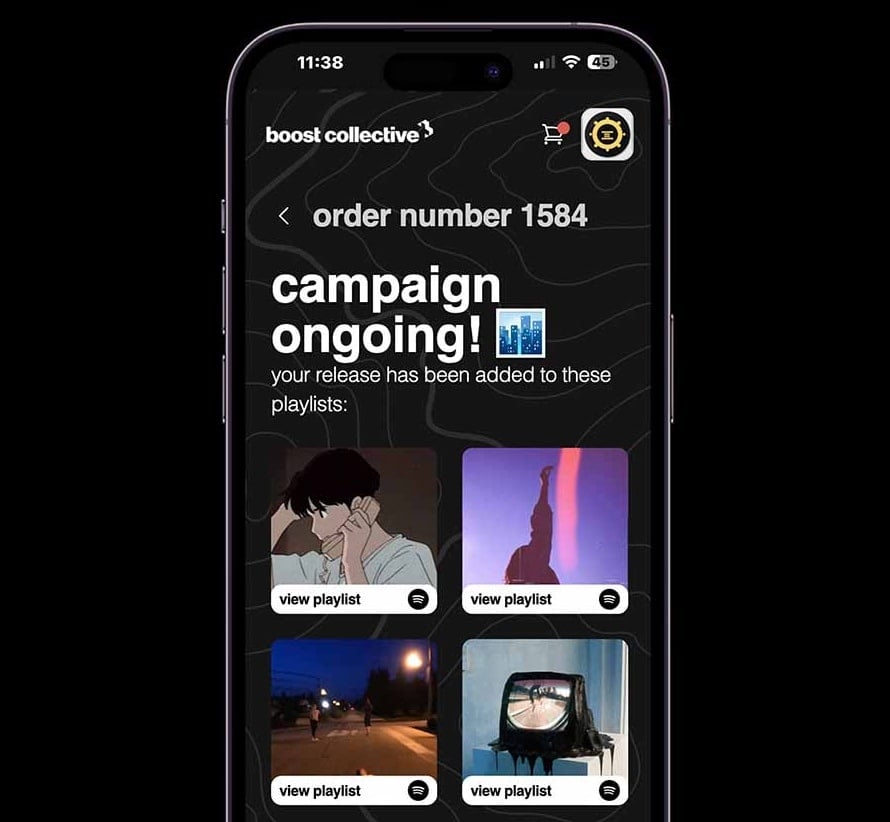Overview

Have you ever wondered why some musicians are more successful in different lives than others despite having the same level of talent? One of the main reasons is storytelling.
Introduction
Music marketing has evolved over the years, and as a result, today's artists need to be more creative in how they write and present themselves to their audience.
One of the most effective ways of doing this is by a great story and incorporating storytelling into their marketing strategy.
Storytelling allows the audience to connect with the artist on a deeper level, and this can result in increased fan engagement and loyalty.
In this feature post, we will explore the importance of storytelling in music marketing and provide tips on how to incorporate it into your own strategy.
Whether you're an aspiring musician or an established artist, understanding the power of storytelling can take your musical project or career to the next level.
What Is Storytelling In Music Marketing?
Storytelling in music marketing refers to the strategic use of narratives and compelling stories to promote and connect with an audience on an emotional level.
It involves crafting a narrative around the artist, their new music together, and their brand, which resonates with listeners and helps build a strong relationship between the artist and their fans.
Storytelling in music marketing aims to go beyond simply promoting the music itself and instead focuses on creating a deeper connection by sharing the artist or band's personal experiences, values, and motivations.
Importance Of Storytelling In Music Marketing
Storytelling plays a crucial role in music marketing, as it allows artists to connect with their audience on a deeper level and create a memorable and engaging experience. Here are some key reasons why storytelling is important in music marketing:
-
Emotional Connection
-
Differentiation
-
Brand Building
-
Engaging Content
-
Fan Involvement
-
Memorable Experience
The Power of Storytelling In Your Music Marketing
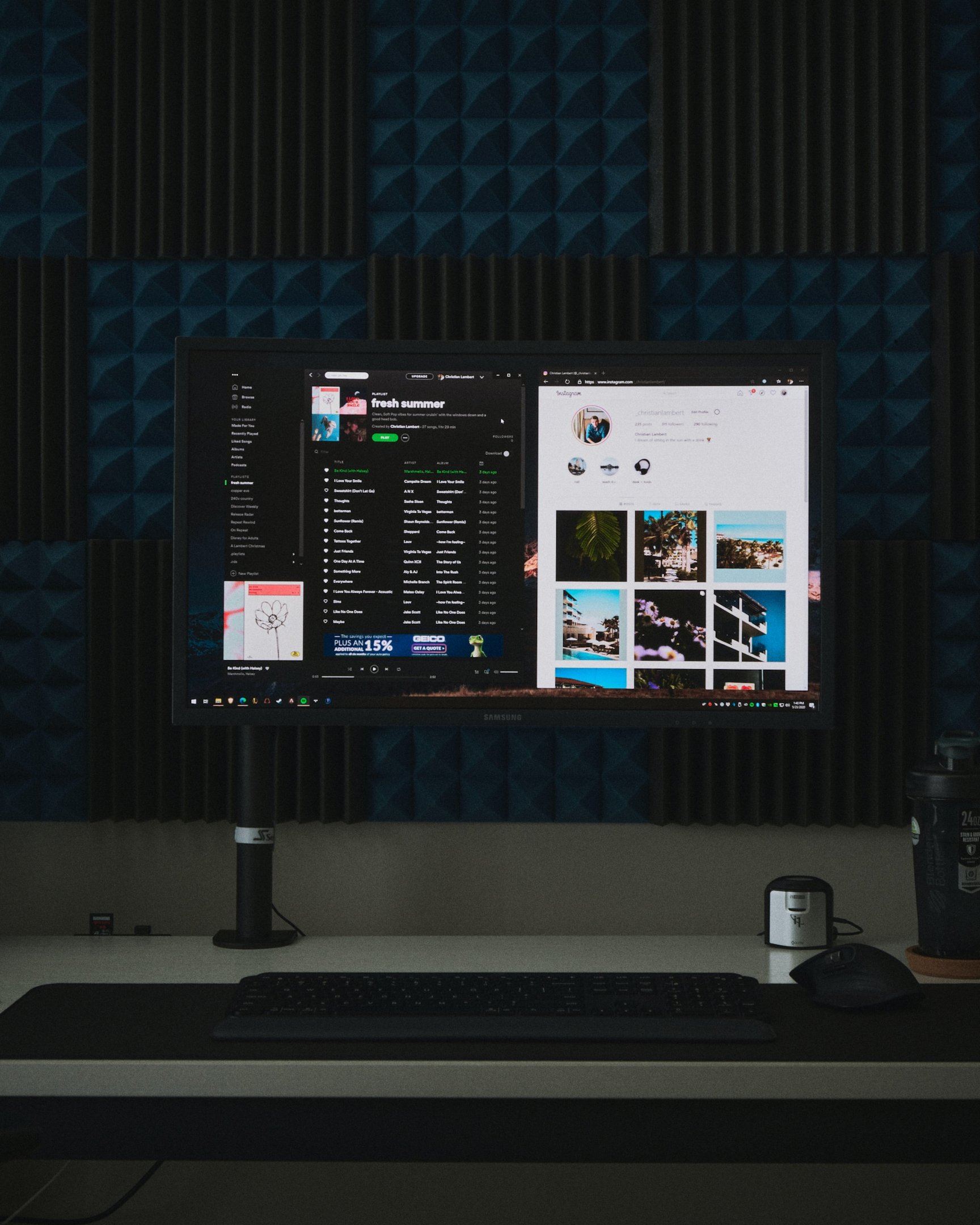
The power of storytelling and storytelling in music marketing cannot be overstated. Storytelling is an ancient and universal art form that has the ability to captivate and engage audiences.
When applied to music marketing, storytelling allows artists to connect with their fans on a deeper level, create emotional resonance, attract fans, and build a loyal and dedicated fan base.
Here are some ways in which storytelling can be harnessed for effective music marketing:
-
Creating A Narrative: Every artist has a unique story to tell, and by developing a compelling narrative around their music, they can engage their audience on a personal and emotional level. This narrative could revolve around the artist's background, experiences, or the inspiration behind their songs. By sharing these stories, artists create a deeper connection with their fans, who can relate to the artist's journey and find meaning in their music.
-
Building An Identity: Storytelling helps artists establish their identity and differentiate themselves from the vast array of music available today. By crafting a consistent and authentic narrative, artists can shape how they are perceived by their audience. Whether it's through lyrics, visuals, or the overall concept of an album, storytelling allows artists to create a unique and recognizable brand that resonates with their target audience.
-
Invoking Emotions: Stories have the power to evoke emotions, and music is no exception. By weaving narratives into their songs and marketing campaigns, artists can tap into the emotional core of their audience. Whether it's a heart-wrenching ballad or an empowering anthem, storytelling adds depth and relatability to the music, making it more impactful and memorable.
-
Engaging Fans: Storytelling provides a way for artists to engage their fans beyond the music itself. Through social media, interviews, and behind-the-scenes content, artists can share anecdotes, personal experiences, and insights into their creative process. This involvement creates a sense of community and fosters a deeper connection between the artist and their fans.
-
Creating Anticipation: Storytelling can be used to build anticipation and generate buzz around an artist's upcoming releases or events. By strategically revealing snippets of the story or providing teasers, artists can pique the curiosity of their fans, keeping them engaged and eager for more. This approach creates a sense of excitement and anticipation, leading to increased interest and ultimately driving engagement and sales.
-
Extending The Music Experience: Storytelling expands the music experience beyond just listening to a song. Artists can develop multimedia content, such as music videos, short films, or visual albums, that further enrich the narrative surrounding their music. This not only provides additional avenues for creative expression but also offers fans a multi-dimensional experience that deepens their connection with the artist and their music.
Crafting Compelling Content In Your Music Marketing
Crafting compelling content is essential for effective music marketing.
In today's digital age, where attention spans are shorter than ever, it's crucial to create content that captures the interest of your audience and keeps them engaged.
Here are some tips for crafting compelling content in your music marketing:
-
Know Your Audience: Understanding your target audience is the first step in creating compelling content. Research their demographics, interests, and preferences to tailor your content specifically to their tastes. This will help you connect with them on a deeper level and make your content more relevant.
-
Tell Your Story: People love stories, and your music marketing content should tell a story that resonates with your audience. Share your journey, inspirations, and experiences behind your music. Create engaging narratives that draw people in and make them feel connected to your music and brand.
-
Visual Appeal: In a visually-driven world, eye-catching visuals can make a significant impact. Use high-quality photos, videos, and graphic designs that align with your brand and music. Invest in professional imagery or collaborate with skilled visual artists to enhance the visual appeal of your content.
-
Authenticity: Be genuine and authentic in your content. People can sense when something is forced or insincere. Show your true personality and let your fans see the real you. Share behind-the-scenes footage, live performances, and personal moments to build an emotional connection with your audience.
-
Engage With Your Audience: Encourage interaction and engagement with your content. Respond to comments, messages, and mentions from your fans. Conduct contests, giveaways, or polls to involve your audience and make them feel like a part of your journey. This active engagement helps build a loyal fan base.
-
Consistency And Variety: Consistency is key to maintaining interest. Regularly release new content to keep your audience engaged and excited. Experiment with different content formats like interviews, vlogs, live performances, acoustic sessions, or lyric videos to provide variety and cater to different preferences.
-
Collaborate With Influencers: Collaborating with influencers or other artists in your genre can expand your reach and attract new fans. Seek out partnerships that align with your brand and create mutually beneficial content. This could include features on their channels, joint performances, or even co-writing songs.
-
Embrace Storytelling Platforms: Utilize social media platforms like Instagram Stories, Snapchat, TikTok, or YouTube Shorts to share snippets of your life, music-making process, or special moments. These platforms provide an opportunity to engage with your audience informally and authentically.
-
Utilize Data And Analytics: Pay attention to the data and analytics provided by social media platforms and streaming services. They can give you valuable insights into what type of content is resonating with your audience. Use this information to refine your content strategy and focus on what works best.
-
Adapt And Evolve: Stay up to date with the latest trends and adapt your content strategy accordingly. Experiment with new formats, platforms, or emerging technologies to keep your music marketing fresh and engaging. Embrace innovation and be willing to evolve your content strategy as needed.
Connect With Your Fans
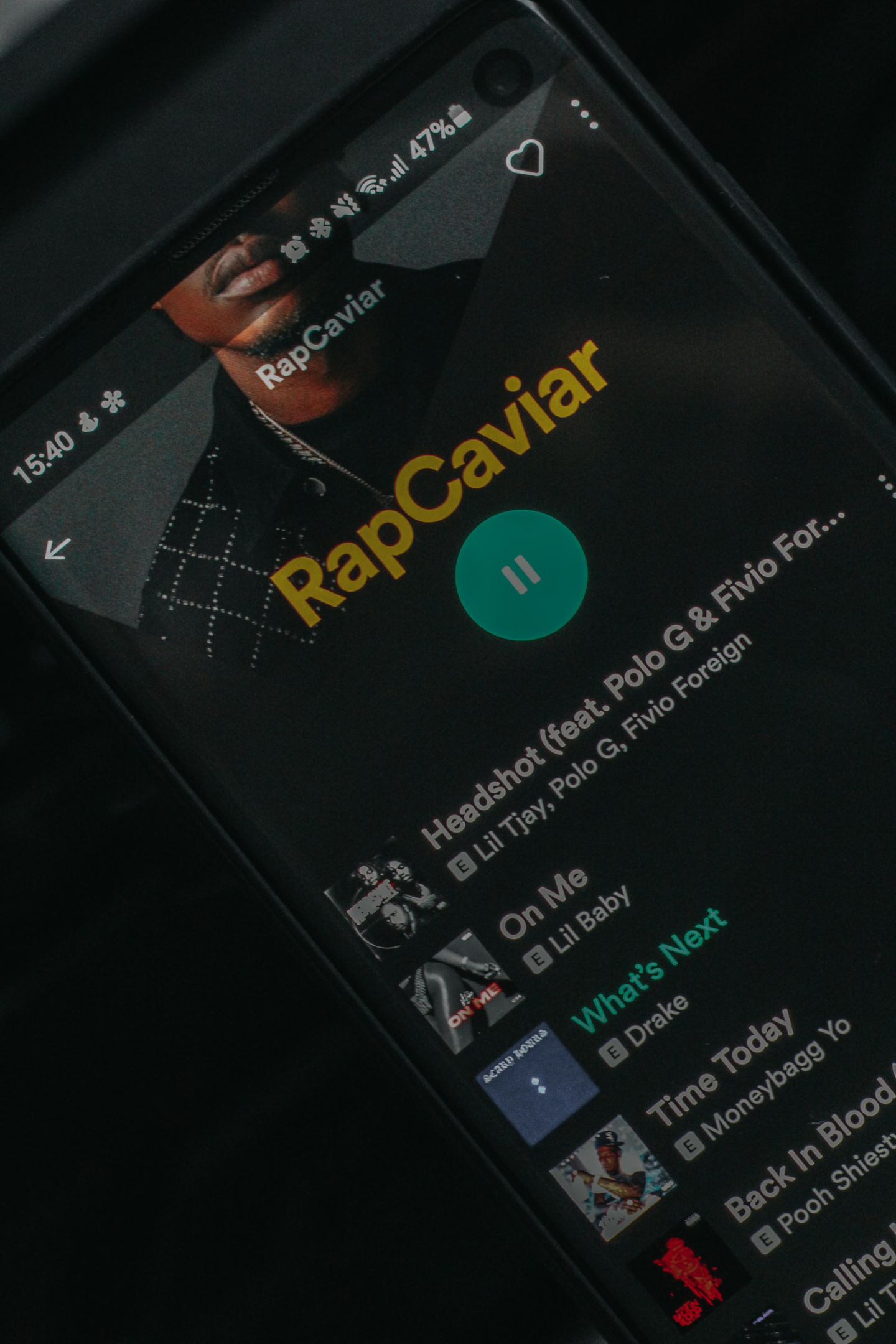
Connecting with your music fans is essential for building a strong and dedicated fan base and music career. Here are some strategies and tips to help you connect with your fans:
-
Social Media Engagement
-
Live Streaming And Virtual Concerts
-
Email Newsletter
-
Collaborations And Features
-
Fan Contests And Giveaways
-
Personalized Interactions
-
Offline Meetups And Fan Events
-
Music Merchandise
-
Authenticity And Storytelling
-
Regular Content Creation
Leveraging Platforms And Channels
Leveraging platforms and channels in support of your music business is crucial for reaching and engaging with your target audience, building your brand, and ultimately driving success.
Here are some key platforms and channels you can utilize:
-
Streaming Platforms: Streaming services like Spotify, Apple Music, and YouTube Music dominate the music industry. Distribute your music on these platforms to reach a global audience, generate streams, and earn royalties. Utilize playlists, engage with curators, and promote your releases through ads or collaborations with popular playlists.
-
Social Media: Establish a strong presence on social media platforms such as Facebook, Instagram, Twitter, and TikTok. Use these channels to connect with fans, share updates, and behind-the-scenes content, and engage in conversations. Leverage social media advertising to target specific demographics and promote your music or upcoming events.
-
YouTube: YouTube is not only a streaming platform but also a powerful promotional tool. Create high-quality music videos, lyric videos, live performances, and vlogs to showcase your artistry and gain exposure. Collaborate with popular YouTubers or influencers in your niche to expand your reach.
-
SoundCloud And Bandcamp: These platforms are popular for independent artists. SoundCloud allows you to share and discover music, engage with fans, and build a community. Bandcamp enables you to sell your music directly to fans, offering a more personalized and supportive environment.
-
Website And Blog: Develop a professional website to serve as your central hub. Include a bio, discography, tour dates, and merchandise store. Additionally, maintain a blog where you can share your thoughts, stories, and updates. Optimize your website for search engines to increase visibility.
-
Email Marketing: Build an email list of fans and supporters. Use newsletters to provide exclusive content, updates on new releases, tour dates, and merchandise offers. Personalize your emails and make them engaging to strengthen your connection with fans.
-
Collaborations And Features: Collaborate with other artists, both within and outside your genre. Guest features on other artists' tracks can introduce your music to new audiences and vice versa. Joint ventures can expand your reach and build valuable connections.
-
Live Performances And Events: Perform at concerts, music festivals, local venues, or host your own shows. Engage with fans at meet-and-greets and create memorable experiences. Livestream performances to connect with your audience worldwide.
-
Music Blogs And Podcasts: Reach out to influential music bloggers and podcast hosts who cover your genre. Secure interviews, guest appearances, or reviews to gain exposure and credibility.
-
Music Licensing And Sync Placements: Explore opportunities to license your music for TV shows, films, commercials, and video games. Sync placements can provide substantial exposure and additional revenue streams.
Overcoming Challenges And Obstacles In Storytelling In Your Music Business
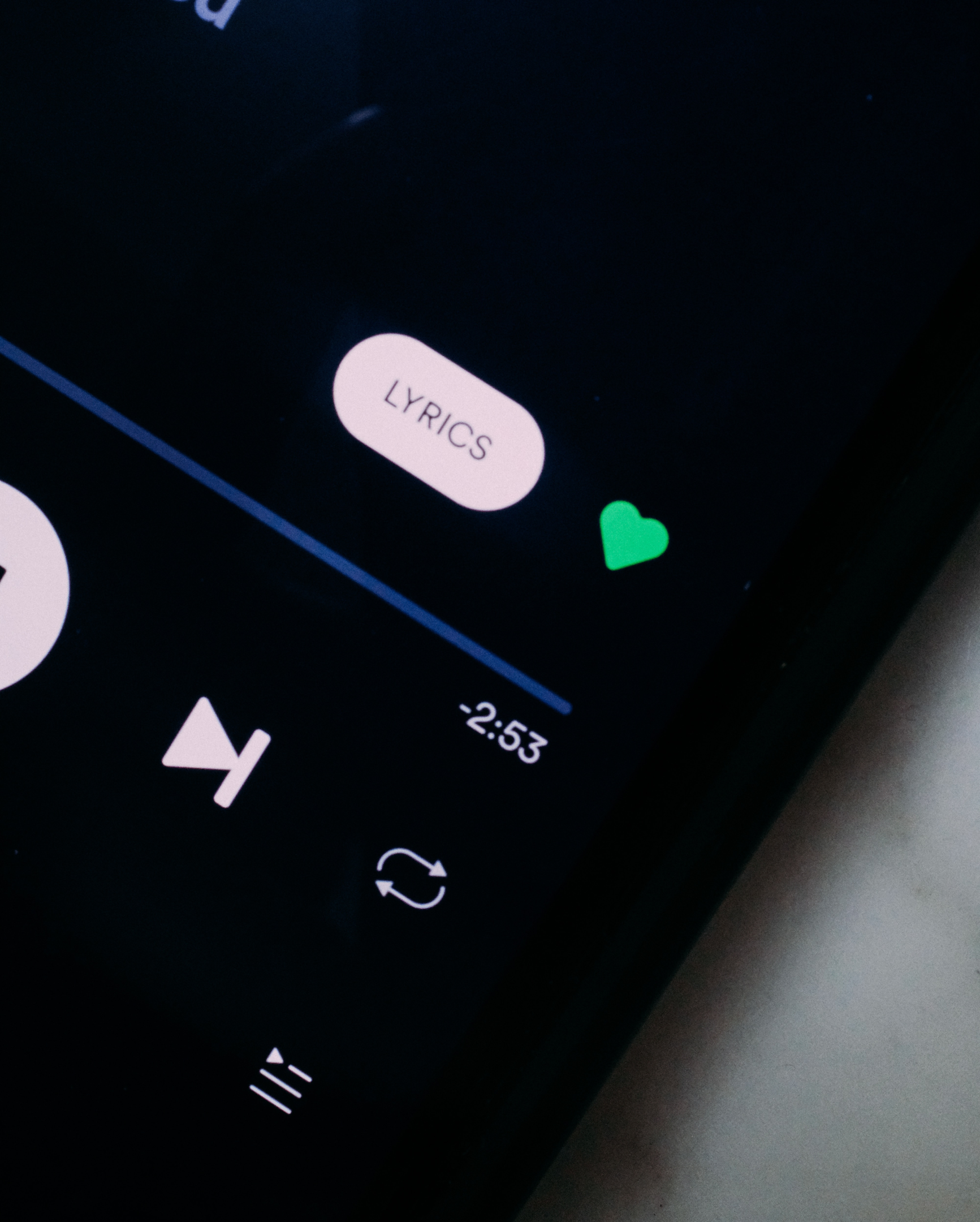
In the music business, storytelling plays a crucial role in connecting with your audience and creating a memorable experience.
However, like any creative endeavor, there can be challenges and obstacles along the way.
Here are some strategies to help you overcome these challenges and obstacles in storytelling within your music business:
-
Define Your Narrative
-
Authenticity Is Key
-
Know Your Audience
-
Embrace Vulnerability
-
Visualize Your Story
-
Experiment With Different Mediums
-
Learn From Feedback
-
Collaborate With Professionals
-
Persistence And Perseverance
The Wrap-Up

In conclusion, storytelling is of course an essential element of music marketing that can help you stand out from the competition, build a stronger connection with your audience, and give your music more meaning.
By sharing your story through music videos favorite songs, social media, and collaborations, you can create a lasting impact on your fans and establish yourself as a unique and memorable musician.
Get your music on playlists now.
It’s time you get your exposure and listeners up - playlisting by Boost Collective has been trusted by 50,000+ artists worldwide.
It’s easy: Search your song, get on playlists, and track your campaign.
What’re you waiting for? Tap in - and get added to playlists in 24 hours.
Join Boost Collective for free here.
